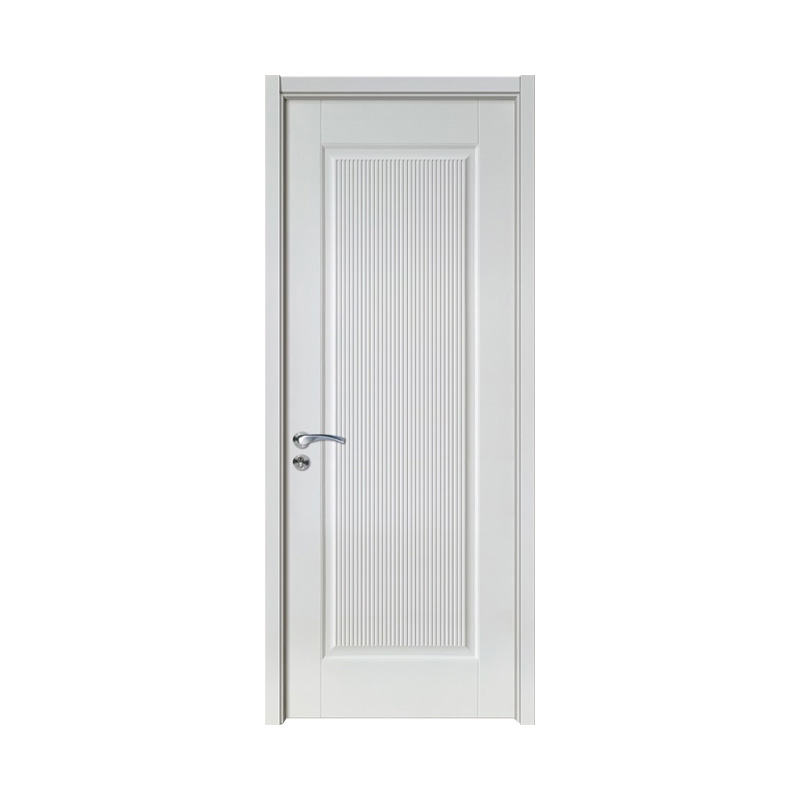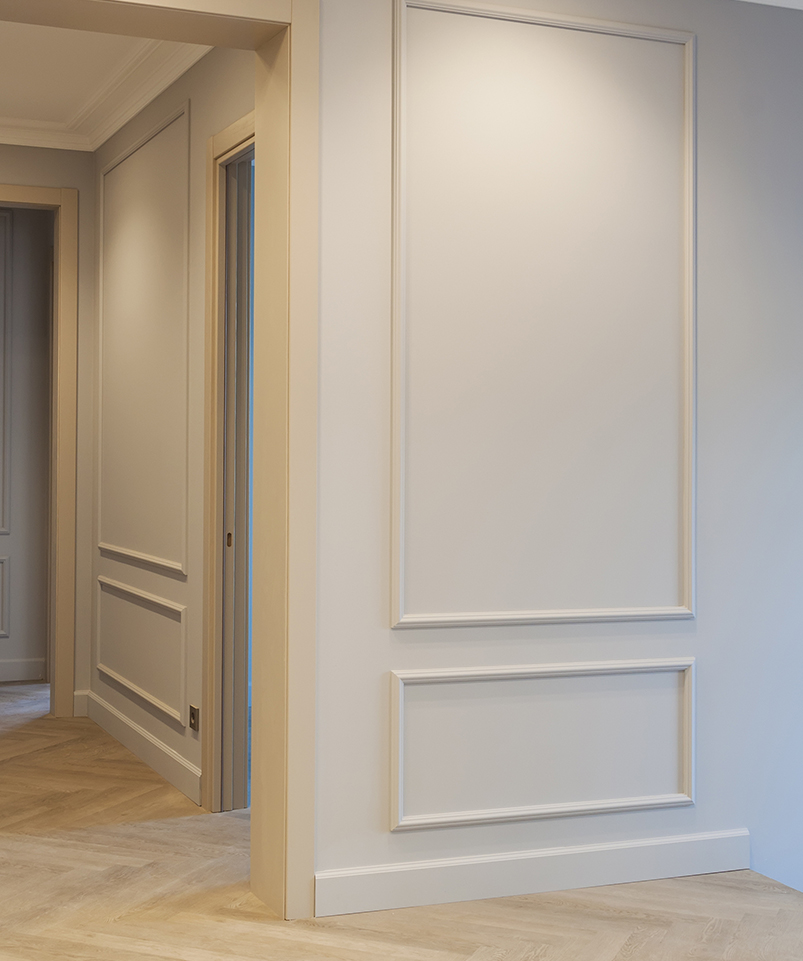Wooden Doors: A Durable and Economical Choice for Modern Construction
In today’s cost-conscious and sustainability-driven construction industry, Wooden Doors are emerging as a top choice for builders, homeowners, and designers alike. Known for their timeless appeal and robust performance, Wooden Doors offer a blend of style, longevity, and economic value—an unbeatable combination that continues to make waves across both residential and commercial markets.
The construction and renovation sectors have faced rising material costs over the past few years, prompting decision-makers to seek building materials that deliver long-term value without compromising on quality. In this context, Wooden Doors have solidified their reputation as a wise investment, thanks to their economical durability. When properly maintained, they can last for decades, often outliving their synthetic counterparts by a significant margin.
Economical durability, in this case, refers to the ability of Wooden Doors to resist wear and tear while maintaining structural integrity and aesthetic charm over extended periods—all without the need for frequent replacements or expensive maintenance. Whether it’s solid oak, mahogany, pine, or engineered hardwood, each type of wooden door provides natural strength and resilience. These qualities make Wooden Doors particularly attractive in high-traffic areas or environments subject to seasonal weather changes.
In addition to their longevity, Wooden Doors provide excellent insulation. The natural density of wood makes it an efficient barrier against heat loss in winter and heat intrusion in summer. This translates into lower energy bills for property owners, further reinforcing the notion of economical durability. In colder regions, homeowners often report noticeable differences in indoor comfort after switching to solid wood door installations.

Architects and interior designers also favor Wooden Doors for their unmatched visual warmth and customization potential. Unlike metal or plastic options, wooden doors can be stained, carved, or painted to match virtually any design theme—from rustic farmhouse to sleek modern. Their timeless look doesn’t go out of style, which is another factor contributing to their long-term value.
Moreover, sustainability has become a major consideration in the selection of building materials. Wooden Doors, when sourced responsibly, are a renewable product with a lower environmental footprint than alternatives like steel or fiberglass. Many manufacturers now offer certified sustainable options, making it easier for eco-conscious builders to make responsible choices without sacrificing performance.
Technological advancements in woodworking and finishing techniques have further enhanced the appeal of Wooden Doors. Treatments such as pressure lamination, weatherproof sealants, and anti-warp technologies ensure that doors resist cracking, swelling, and fading even in challenging climates. These innovations have allowed wooden doors to expand into markets where they were once considered impractical due to humidity or temperature extremes.
The global market outlook for Wooden Doors continues to grow steadily. According to recent industry reports, demand for solid wood and engineered wood doors is expected to rise by more than 6% annually through 2030. This is driven by both new construction and the renovation of aging infrastructure, particularly in emerging economies where cost-efficiency and durability are key concerns.
Many commercial enterprises, such as hotels, educational institutions, and office complexes, are also leaning toward Wooden Doors for their blend of aesthetics and resilience. These doors can withstand daily use while presenting a professional and welcoming appearance—a factor that is increasingly important in service-oriented industries.
For homeowners on a budget, engineered Wooden Doors present a compelling alternative to solid hardwood options. These doors combine a solid wood core with veneer surfaces, offering the same look and feel of premium wood at a fraction of the cost. And thanks to modern engineering, these hybrid doors do not compromise on strength or lifespan.
Looking ahead, experts anticipate that innovations in sustainable forestry, eco-friendly coatings, and digital customization will continue to push the boundaries of what Wooden Doors can offer. Smart door systems and fire-rated wooden models are already making headway in the marketplace, signaling a bright future for this age-old material.
In conclusion, Wooden Doors are more than just entry points; they are a symbol of enduring craftsmanship and sensible investment. Their economical durability makes them a preferred choice in an age where every dollar—and every decision—counts. As the construction industry leans more into sustainable, long-lasting solutions, Wooden Doors are poised to remain a cornerstone of thoughtful design and reliable performance for years to come.

 English
English русский
русский عربى
عربى










